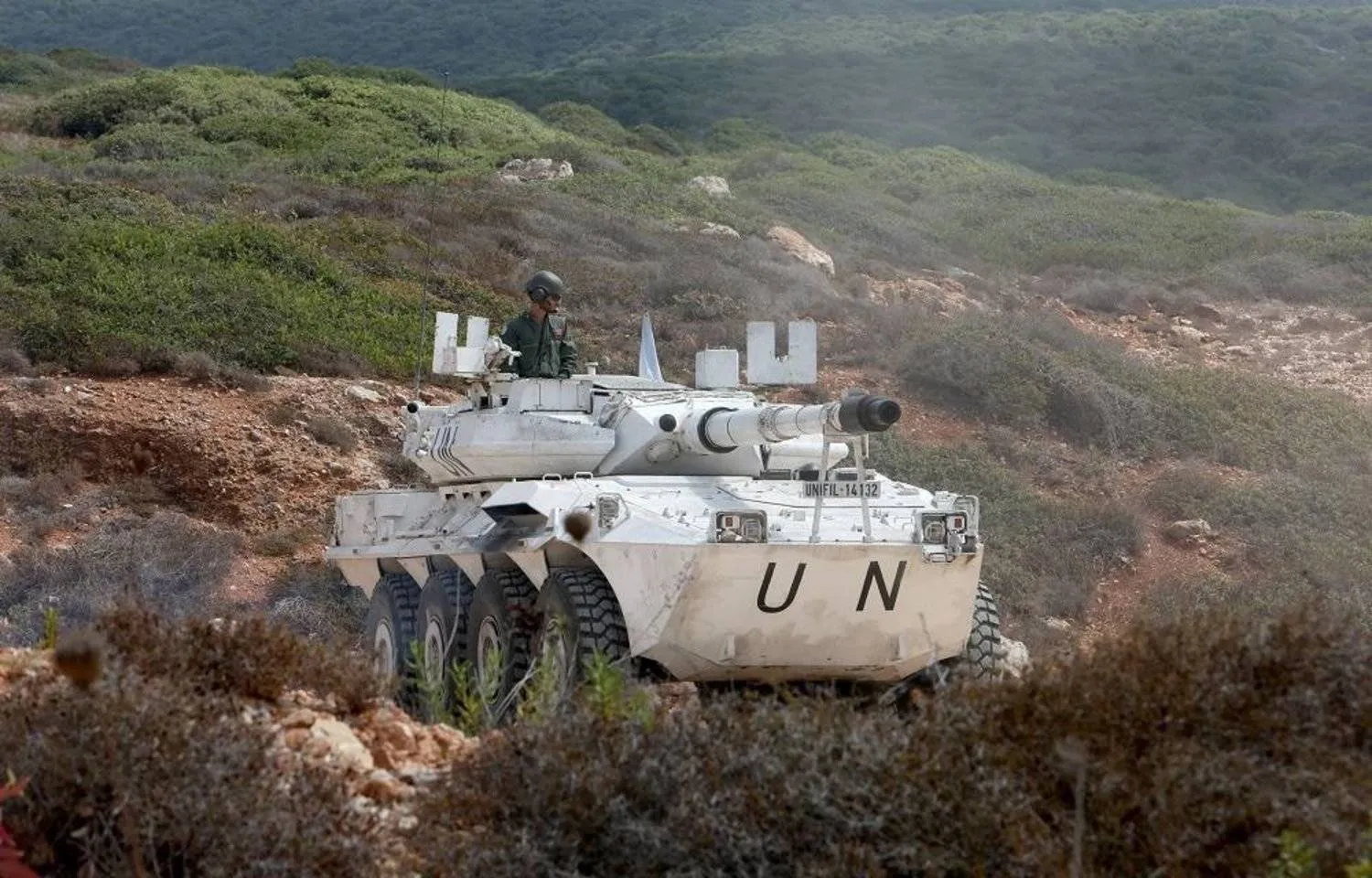The United Nations Security Council on Wednesday unanimously voted to extend a long-running peacekeeping mission in Lebanon for another year, but Israel's ally the United States said changes should be made to the operation's mandate in the future.
The UN Interim Force in Lebanon (UNIFIL) - established in 1978 - patrols Lebanon's southern border with Israel. The mandate for the operation is renewed annually, and its current authorization was due to expire on Saturday
"Today's unanimous vote is proof of the international community's interest in Lebanon," Reuters quoted Lebanon's Deputy UN Ambassador Hadi Hachem told the council as saying.
"It is a clear message from your honorable council in favor of stability and a ceasefire. It is a gesture of hope for all Lebanese who reject war, violence and destruction, the Lebanese who want to give peace a chance," he said.
The vote by the 15-member Security Council came just days after Hezbollah and the Israeli military engaged in one of the most intense exchanges of fire between them over the last 10 months amid fears that Israel's war in Gaza would become a wider regional conflict.
The Security Council demanded a halt to the increasing attacks between Hezbollah and Israeli forces and warned that further escalation "carries the high risk of leading to a widespread conflict."
Speaking to reporters before the vote, Israel's UN Ambassador Danny Danon told reporters on Wednesday: "I have a message for the Lebanese people: You and your government have a choice to make. Confront Hezbollah today, or watch as your country is dragged into chaos and destruction.
"Do not let Hezbollah and Iran dictate your future. If you fail to act, the devastation that follows will be on your hands. Israel does not seek war, but as we demonstrated this week, we will not hesitate to defend our people," Danon said.
UNIFIL's mandate was expanded in 2006 - when the council adopted resolution 1701 following a monthlong war between Israel and Hezbollah - to allow peacekeepers to help the Lebanese army keep parts of the south free of weapons or armed personnel other than those of the Lebanese state.
That has sparked friction with Hezbollah, which effectively controls southern Lebanon despite the presence of the Lebanese army. Hezbollah is a heavily armed party that is Lebanon's most powerful political force.
"Extending UNIFIL's mandate, which this resolution does, supports our goal of regional de-escalation, which is now more important than ever," Deputy US Ambassador to the UN Robert Wood told the council.
"Going forward, we need to address the ways in which Hezbollah and other malign actors in Lebanon prevent the full implementation of Resolution 1701, constrain UNIFIL's ability to operate freely and threaten UN peacekeepers, safety and security," he said.









